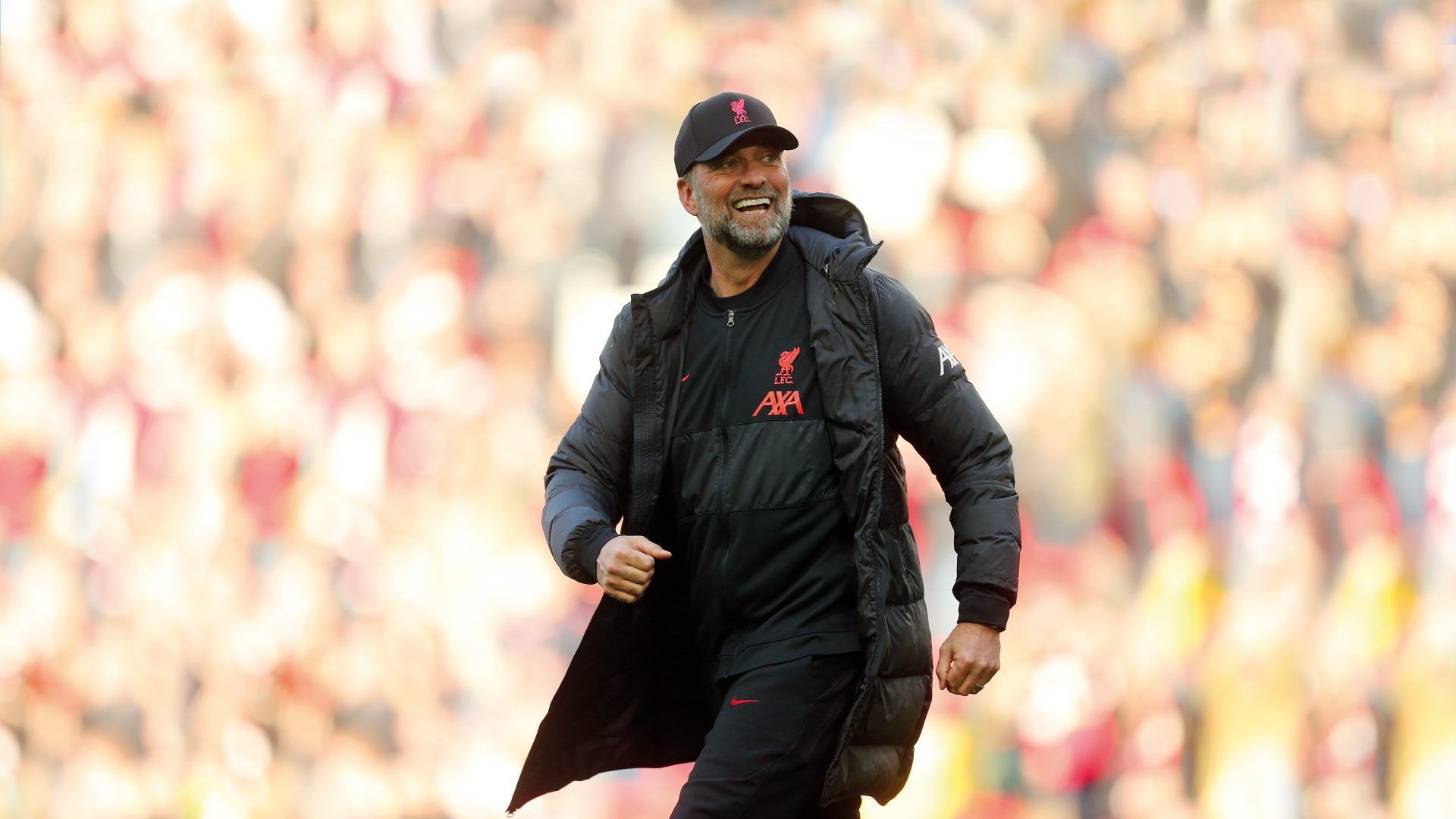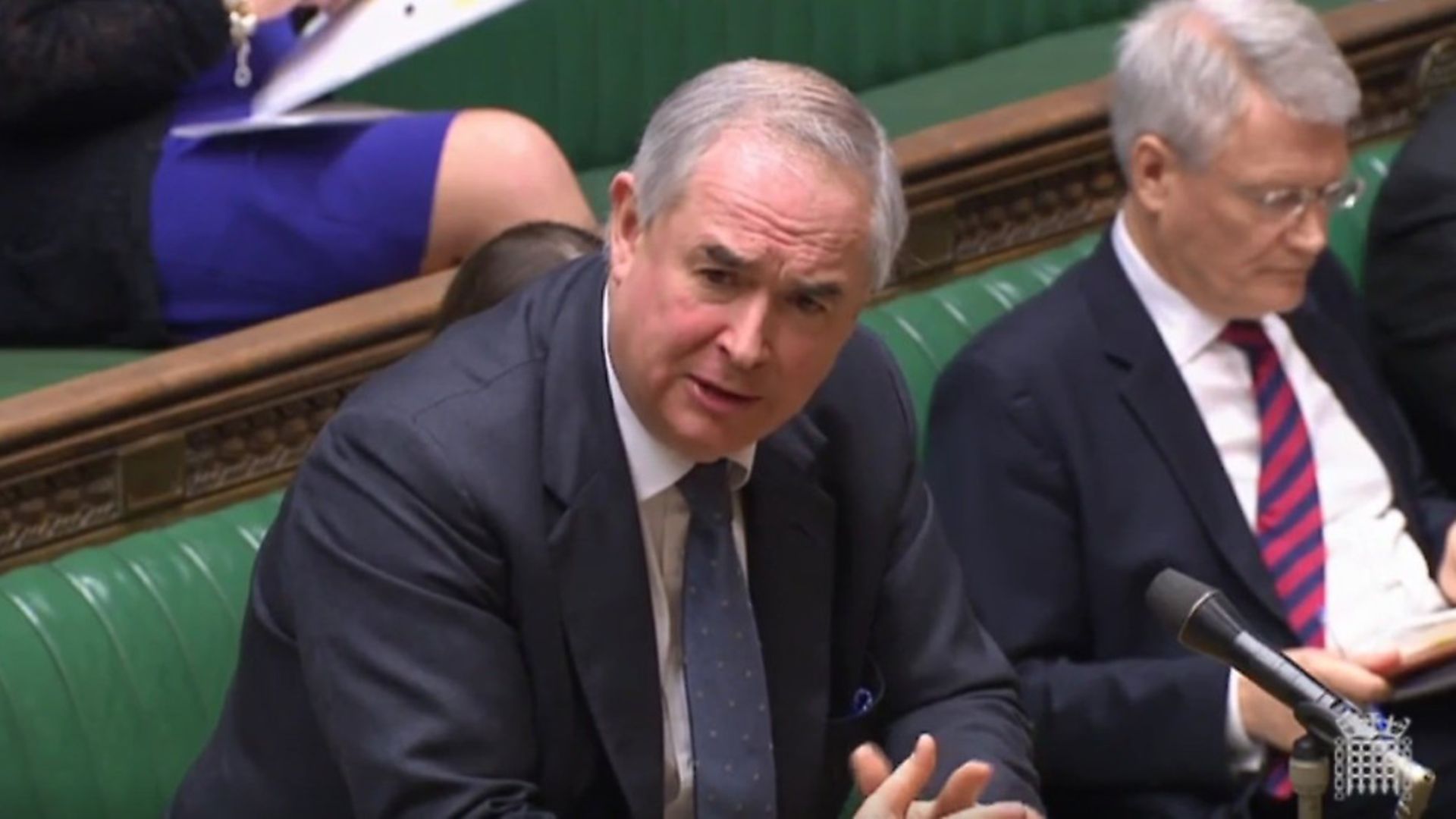Re: Alastair Campbell’s belief that Jürgen Klopp would make a good prime minister (“Jürgen, thought about going into politics?”, TNE #289). What makes a prime minister is the love of competition. The same is true in sport. In order to get to the top you have to be resolutely competitive.
What would make a good prime minister, on the other hand, would be a lack of competitive spirit but a real desire to work out what is best for the country and the competence both to make people see that it is best and to carry it through. We are unlikely to find those qualities among politicians or sports personalities.
Alan Baillie
Via Facebook
If you listen to Jürgen Klopp in interviews, his political views are not that much different from the CDU party line (that was Merkel’s party). He is far from being a socialist.
Carsten Hellweg
Via Facebook
Absolutely spot-on about Klopp. He is just so inspirational.
Mary Render
Via Facebook
Gary Neville seems much more likely to enter politics than Klopp, is British and talks sense. But would fans of rival clubs vote for him? Cath Swaine I would like Harry Maguire to become prime minister. I’m not sure he’d be any good at politics, but I just want him to stop playing football.
Maximum Bob
Bravo, Alastair Campbell, for writing that long letter to Jürgen Klopp in pretty good idiomatic German. It’s rare for anyone in the public realm to perform in a foreign language, always “the foreigners” who are expected (of course) to have excellent English. This student gets a straight alpha from me!
Jim Reed (Taylor Professor emeritus of German)
University of Oxford
Left behind
Alastair Campbell rightly notes (Diary, TNE #289) that every Conservative leader became prime minister except Austen Chamberlain over a century ago – but only until the huge New Labour victory in 1997, when Hague, Duncan-Smith and Howard also all failed to become PM: winning big is important.
We should spot another side to this. In the last 40 years, with 10 general elections, only once did the leader of the opposition become PM with a majority (Blair) and once become PM in a hung parliament (Cameron). But in the previous 40 years it was normal for opposition leaders to become PM, in five of the 11 elections gaining a majority, plus once securing power in a hung parliament (Attlee; Churchill; Wilson; Heath; Wilson – in the hung parliament; and Thatcher). This change is probably more than coincidence, and may be a consequence of it being more difficult now for leaders of the opposition to make themselves heard well, in our media-saturated age, being easily dismissed for a baseball cap, or a bacon sandwich.
The bad news is, winning the next election will be hard for the opposition; the good news is that if Labour – singly, or with the support of others – can pull it off, and manage the wrecked country well enough, they could retain power for several elections. That would force the Conservatives to have to appeal to the voters they lost through pandering to the illiberal right through Brexit, xenophobia, gerrymandering and corruption.
Anthony Thacker
Hinckley
“This is a hard country in which to win power from the left of centre”, writes Alastair Campbell.
He is right, of course. That is one reason for the increasing demand for independence in Scotland and Wales.
Dafydd Williams
Sgeti, Abertawe/Swansea
Opposition MPs are often portrayed as boring – especially Starmer, and certainly struggle to get the craven media coverage meted out to the more “colourful” characters.
I’m not sure when not behaving like a D-list celebrity became an insult in political life or why it is relevant.
If the opposite of boring is tax evasion by those imposing poverty on millions of ordinary families, MPs watching porn in parliament, partying while people die, lying, obfuscating, using the privilege of office to prey on women and young men, proven bullying – GIVE ME BORING.
Amanda Baker
Edinburgh
So, there’s a toxic culture in Westminster. Is anyone really surprised, when the prime minister has all the moral authority and personal integrity of an alley cat and the minister for Brexit Opportunities is a smug, entitled lounge lizard?
Phil Green
Lammy’s role
Re: Mandrake on David Lammy considering a run for mayor of London (TNE #289). I’m a huge fan of Lammy’s. He’s easily my favourite London MP, but he needs to know his limitations. He’s too much of a controversial figure whereas Sadiq Khan was a likeable, uncontroversial figure.
Lammy is needed in a future Labour cabinet (and arguably so is Khan). I’d say he’s better off aiming for a big cabinet role before considering the London mayoralty.
Iztok Charlebois
Go kick ass
I was very pleased to see Tony Olsson’s letter in TNE #289. The American abuse of our wonderful language has long been a pet concern of mine, particularly the “nouning” of verbs and vice versa. A typical example is the issue of an “invite” (verb) instead of invitation (noun). There are countless other examples as Peter Trudgill may wish to explore in his fascinating columns.
Another bête noir is the unnecessary addition of day to modern. Don’t people writing this understand what modern means? As there seem to be three different ways of writing it – one word, two words separated by a hyphen and two words spaced – it would appear writers who use this expression are unsure of what they are saying.
John Moreton
Kings Heath, Birmingham
If your correspondent Tony Olsson is annoyed with people abusing the English language by using the American version,he ought to go visit with them and kick ass.
Jeff Lewis
Whitefield, Manchester
Grasping wfh
Re: Tim Bradford’s “What use is Jacob Rees-Mogg?” (TNE #289). Clearly, as a Victorian, Moggie doesn’t understand how computer-based jobs work.
Or perhaps this is about the fact that so many Tory donors are concerned that fewer people in offices will harm their property investments?
Rees-Mogg is supposed to be the minister for government efficiency and research has found that working from home is just as efficient as being in an office.
Some jobs are cognitive labour rather than physical labour, it’s interesting that some people seem so unable to grasp the notion that some people work using their brains. Grace Dalton Via Facebook Poor managers have to micro-manage. Physical noses to the grindstone is what they have to see, never mind the better life balance, happier workers, less travel stress and pollution.
David Rogers
Scrubbed out
On my second read of “Laughter Lines” by Charlie Connelly (TNE #289), I noted the quote from CS Lewis is not correct and is significantly less funny than the original.
TNE has: “There was a boy called Eustace Clarence Stubb, and he almost deserved it.” The correct opening sentence is: “There was a boy called Eustace Clarence Scrubb, and he almost deserved it.”
David Irwin
Belfast
Editor: Our error, not Charlie’s.
The Brexit con
Re: “When Hell Freezes Dover” (TNE #289). Research from the London School of Economics highlighting the “steep decline” in the number of post-trading relationships with the EU post-Brexit is hardly a surprise.
In its report, it notes that the UK’s post-Brexit trade deal with the bloc has created red tape at the border, thereby curbing the ability of especially smaller firms to export. It has seen the number of relationships between buyers and sellers tumble by a third after the introduction of the EU-UK trade deal in January 2021.
This chimes with warnings from business groups that smaller firms have struggled to absorb customs controls, VAT and regulatory red tape, with many quitting exporting altogether.
The findings are another worrying sign of the negative impact that the Trade and Cooperation Agreement between the UK and EU is having on UK exporters. It is also even more damaging as there is considerable evidence that future growth in trade comes from firms that are small today, and killing off those exporting relationships may lead to lower future export growth.
Last month the Office for Budget Responsibility (OBR) warned that UK trade had “missed out” on much of the recovery in global trade and was lagging behind all other G7 economies. The OBR estimates that total UK imports and exports will be 15% lower over the medium term than if Britain had remained part of the EU.
The Brexit dividend we were promised is proving to be a total illusion, a massive con-trick perpetrated on the British people, but one which many of us repeatedly warned about.
Alex Orr
Edinburgh
I got slightly confused when the article on UK industrial woes by Jonty Bloom (“Industrial Disease”, TNE #289) spoke of “the eternal worry of British chancellors… why is the UK economy so unproductive?”
A few lines earlier Jonty had stated that from 1997 to 2007 the UK’s output per hour rose at the second fastest rate in the G7. So not so eternal after all then? Or did he just mean Tory chancellors? If only we knew who was in government in that mystical golden age between 1997 and 2007 and what they did, perhaps we could repeat the recipe?
Peter Basford
Herts
“Industrial Disease” was spot-on. Productivity is the elephant in the room of British politics while everyone just argues about how to raise and spend taxes. Taxes are only possible because an economic surplus is produced from work, and ours is far smaller (and getting more so) than that of comparable nations.
Andrew Ferry
Via Facebook
We have lost the flywheels of skills and training that the nationalised industries and large manufacturing companies provided. People are now trained only to the level their current employers need. Free adult education and good apprenticeships have largely disappeared. If you pay slave wages you do not promote efficiency; if you drive unions out of companies you get poor worker/management interfaces.
Michael Greenan
Via Facebook
EU pariahs
Since we left the EU I’ve travelled several times to Prague and been saddened at no longer being allowed to use the e-gates, but instead having to wait while a police officer stares questioningly at a computer screen, then grudgingly stamps the back page of my hideously black passport. So I sympathise with Alastair Campbell’s dismay at having to stand in the non-EU queue when entering France (Diary, TNE #288).
But has he not noticed when he returns to the UK that he does indeed join EU passport-holders? At the UK border our queue (and the e-gates) are shared with citizens of the EU as well as a number of other nationalities. Shouldn’t these arrangements be reciprocal?
Roger Hughes
London



